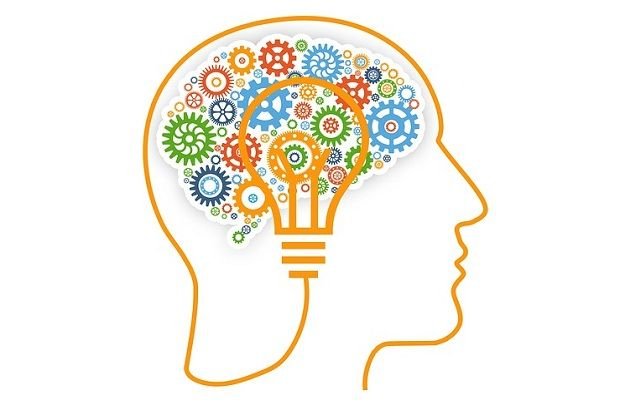Neurological disorders are conditions characterized by dysfunction in one or more areas of the brain. These disorders can affect movement, thought, or even behavior. A child's brain develops throughout pregnancy and early childhood, and trillions of connections are formed between the different brain cells. There are two kinds of neurons, white and gray matter, in the brain. Motor neurons carry impulses away from the brain and help control the body's movements. In children, some of these disorders can be lifelong.

The two major types of stroke are haemorrhagic and ischaemic. The former occurs due to an occlusion of a blood vessel in the brain. Many different risk factors contribute to the risk of stroke, some of which are modifiable. Another type of neurological disorder is Parkinson's disease, characterized by stiffness and bradykinesia, hypokinesis, and impaired judgment.
There are many different types of neurological disorders, including epilepsy, Parkinson's disease, and multiple sclerosis. Many people do not know that they have one of these conditions, so understanding the symptoms can help with proper diagnosis. In addition, knowing the symptoms can help you receive the best treatment. If you are suffering from one of these conditions, this book will be a valuable tool for you. And, as a bonus, it will give you the knowledge you need to determine if you need to seek medical treatment.
A patient suffering from a neurological disorder may have a variety of symptoms that arise from an undiagnosed condition. It is possible for an infection to affect the nervous system, leading to a variety of symptoms. Neurological disorders may be caused by an infection, or a response to an immune system reaction. The best way to tell is to visit a doctor who specializes in neurological disorders. The most appropriate treatment is the best one for the patient.
A professional medical treatment of neurological disorders is essential. A medical team can help you manage your condition and treat any comorbid conditions that you may have. A medical team that specializes in treating neurological conditions is essential. And the best way to get the best care is to get the help you need. If you or someone you love is suffering from a neurological disorder, you may need help. If you are experiencing any of these symptoms, it is important to get professional help as soon as possible.
One of the most common symptoms of neurological disorders is emotional instability. Many patients experience sudden mood swings or outbursts and may also have depression or delusions. These symptoms can seem like separate problems, but they may be a result of another neurological condition. It's best to seek medical care for neurological instability as soon as possible. The symptoms can worsen without treatment. If you're experiencing any of these symptoms, it's imperative to visit a neuromuscular neurologist as soon as possible.
A treatment for FND usually consists of cognitive behavioral therapy (CBT), which is supported by research. CBT involves learning about the specific triggers of attacks and teaching patients how to regain control. Other patients benefit from exploring their thoughts, feelings, and experiences as this can lead to a re-emergence of confidence and self-esteem. It is important to note that not all patients respond well to CBT therapy. So, different types of psychological therapies are needed to treat this condition.